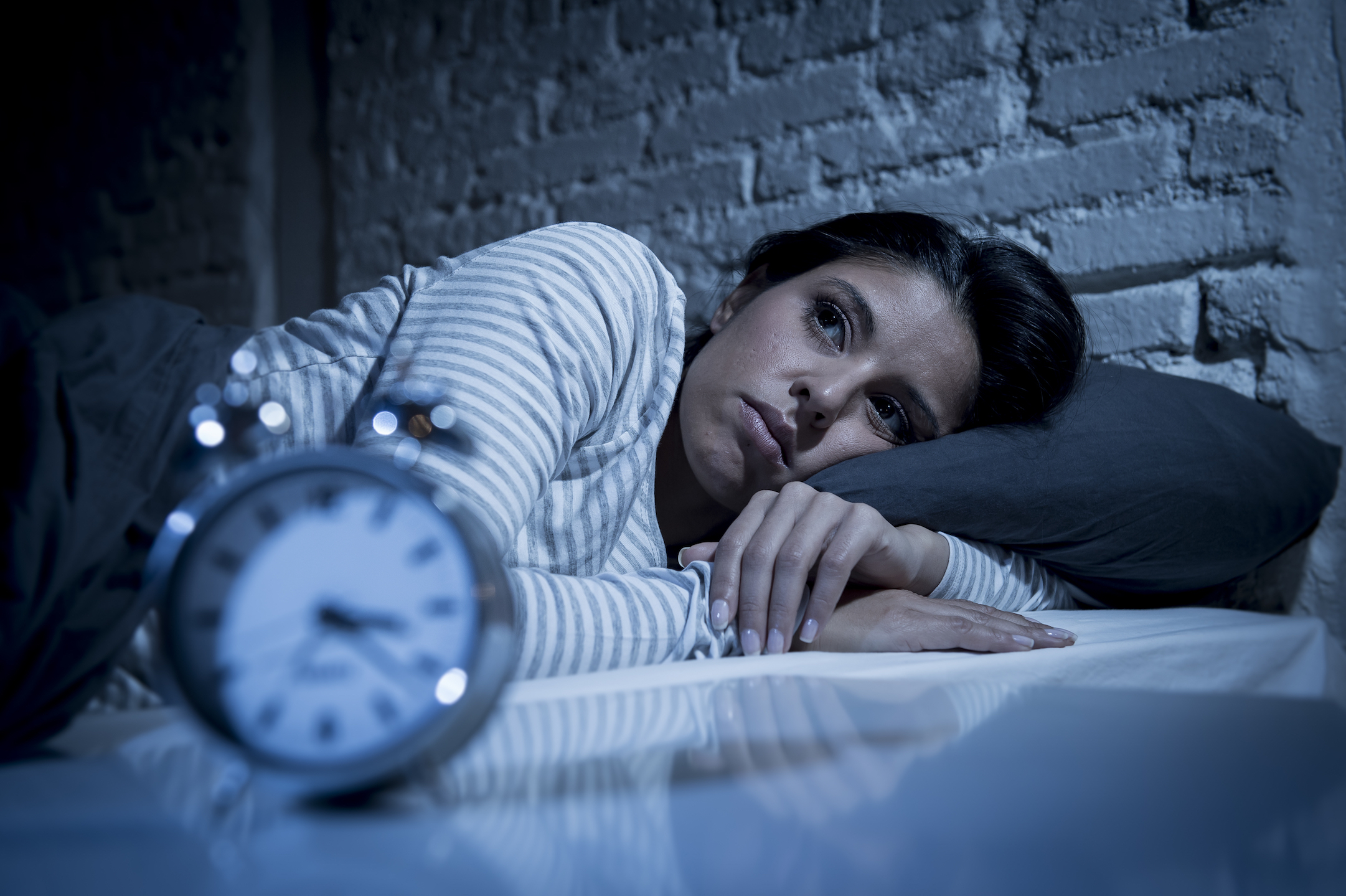
Poor quality of sleep linked to depression, stress, and anxiety
The National Health Service recommends that adults should be getting between seven and eight hours of sleep every night, but in the real world what percentage of adults are actually doing this? A recent study has found that adults who get less than five hours of sleep a night found it hard to function efficiently during the day. Inadequate sleep was revealed to lead to poor memory and increased risk of depression, stress, and anxiety.
The study was led by academic psychologists Anna Weighall and Ian Kellar of the University of Leeds. They analyzed data from a survey of sleeping habits encompassing over 1,000 adults from the UK. The study was conducted in collaboration with UK bed manufacturer, Silentnight.
“A lot of previous sleep research has been based on lab studies – this is the first time we have surveyed people in their everyday lives,” says Weighall.
In their study, they looked at the relationship between quality and quantity of sleep, as well as the cognitive processes involving memory and recall. They also analyzed wider indicators of physical and mental wellbeing.
The results showed a significant relationship between poor sleep and reduced mental well-being. They also found a relationship between lack of sleep and increase in everyday memory problems. In participants that habitually slept less than five hours a night, these relationships were even stronger.
“There is now a very compelling case to say there is a strong relationship between getting a good night’s sleep and experiencing better health, wellbeing and memory function,” says Weighall.
Kellar emphasizes that sleep needs to be treated as a public health priority; similar to how maintaining a healthy weight and eating a healthy diet are seen in the public eye. Scientists have known that sleep is necessary for laying down new memories and re-processing what is already “stored” in the brain.
These findings show that a significant portion of UK adults are sleep deprived, which could be a major public health issue. Weighall explains, “What is emerging is the debilitating impact of poor patterns of sleep. People who are not getting enough sleep are at risk of experiencing a much lower quality of life and it hinders their ability to function effectively when they are awake.”
—
By Connor Ertz, Earth.com Staff Writer












